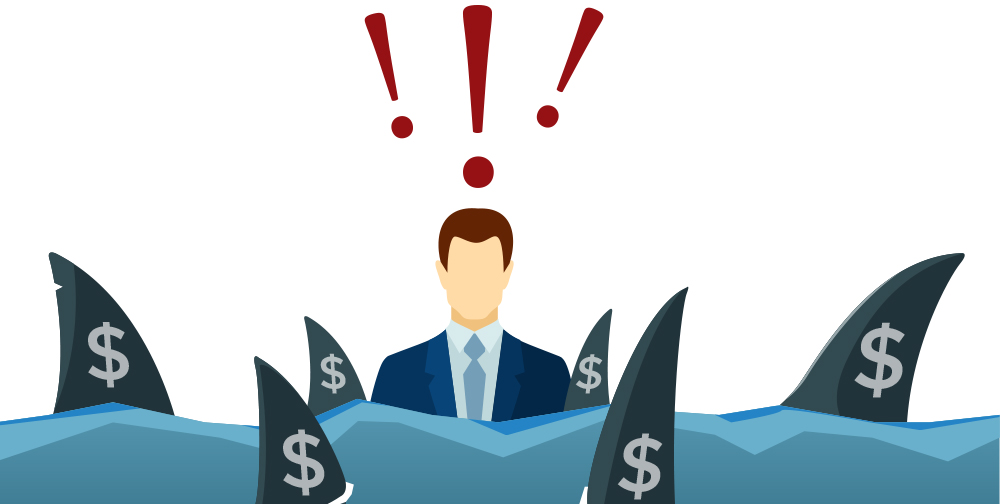
*This article was originally published in the February 1, 2018 edition of Lynchburg Business Magazine. Find it here.
If you’ve ever taken an economics course you may have learned that people are rational. If you’ve ever met another person or simply looked in the mirror you may have learned that that’s simply not always the case. Sometimes our emotions, not our intellect, drive our decision making process. When it comes to our financial decisions, it can pay to be aware of these emotional tendencies. Chief among them: fear. Let’s look at three different types of fear that can affect our financial well-being:
Fear of Missing Out (aka FOMO)
You remember the dot-com bubble, don’t you? Everyone you knew was making it big. It was a can’t lose situation! You had to get in too. You “did your research” by reading a few articles and visiting the website and jumped into a great-sounding internet company. After all, you couldn’t be the one idiot who didn’t make gobs of money. You do remember that, right?
In our now acronym-laden vernacular, what you experienced would be referred to as FOMO (fear of missing out.) FOMO can make us take undue risk. When that next great opportunity comes along, ask yourself three questions to help keep your FOMO in check:
- What is the downside risk of pursuing this opportunity, and can I afford that risk?
- Could my resources be put to more proven productive use elsewhere?
- If I’d never heard about this potential opportunity would my life be perfectly fine without it?
Fear of Losing it All
Fear doesn’t always push us to take too much risk. Sometimes it pushes us to not take enough. Nearly every day there’s at least one talking head on one of the financial channels warning of an impending market or economic crash. This constant fear-mongering causes many to hoard cash, gold, or other so-called “safe” assets. There may be a place for these in your portfolio, but I would argue you’re doing yourself a disservice if that place is always 100%. Our money is best allocated according to our financial goals, not our financial fears. Long-term goals should be matched with long-term investments. Letting short-term fears override this risk matching has the potential to limit the growth of our money to the point where those long-term goals aren’t as attainable as they could’ve been.
Fear of the Unknown
I don’t know what inflation will be this coming year or the year after that. I don’t know where the stock market will be in six months. I also don’t know who’ll win the next presidential election or what the next congress might do to my taxes. What I do know, though, is that I cannot control any of these and so they likewise shouldn’t control me or my financial decisions. Fear of the unknown can sometimes cause us to sit on the sidelines and “wait.” Wait for what? The certainty that doesn’t come. Every month we hesitate because of our fear of the unknown is a month that we could’ve been benefiting from the results of an informed, albeit imperfect, financial decision.
Take Control of Your Fears
Fear is part of who we are, and we are all occasionally afraid. Sometimes that fear is justified and sometimes it isn’t. We can benefit from recognizing our own fear and how it affects us. Fear of the unknown, fear of losing it all and fear of missing out all have the potential to negatively affect our finances, but they don’t have to. The next time you’re making a financial or investing decision, ask yourself what’s informing, and what’s influencing, your decision-making. Observe your fears. Take note of of them. Then decide what’s truly best for you.
